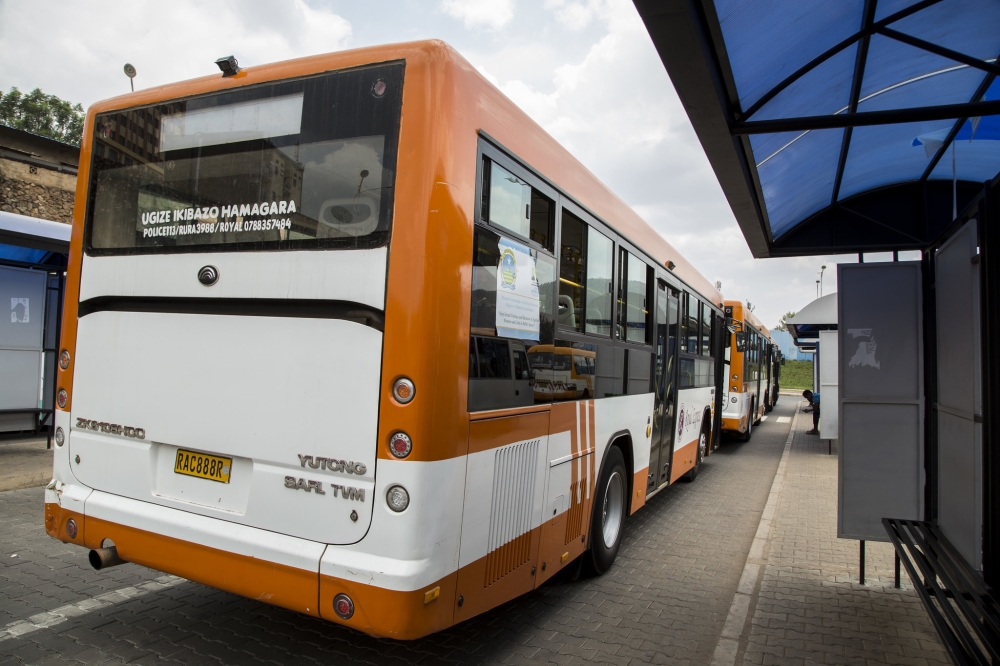

Kigali's rapid growth has put immense pressure on its infrastructure, particularly its road network. Congestion, especially during peak hours, has become a pervasive issue affecting commuters, businesses, and the overall quality of life.
To address this challenge, the establishment of dedicated bus lanes along Kigali's major roads as announced by the City of Kigali is a timely and necessary initiative.
While some may argue that such infrastructure changes will disrupt traffic flow, the long-term benefits by far outweigh any short-term inconveniences. Dedicated bus lanes provide a more reliable and efficient mode of transportation, encouraging more people to opt for public transport over private vehicles.
This shift will alleviate traffic congestion, reduce carbon emissions, and improve air quality, especially with our effort to become a green city.
For a city as small as Kigali, public transport is the most sustainable and efficient way to move people. By prioritising buses and providing them with dedicated lanes, we can create a more connected and livable urban environment.
However, the success of this initiative will largely depend on supporting amenities that make public transport convenient and attractive. It will take more than setting up these lanes.
Increasing the number of bus stops, particularly in densely populated areas, will ensure that commuters have easy access to the bus system. Additionally, investing in technologies that reduce waiting times, such as real-time bus tracking and electronic ticketing, will enhance the overall user experience. Needless to say, we need more public buses on these roads.
Furthermore, Kigali's aspiration to be a green metropolis is inextricably linked to the efficiency of its public transport system. By making buses a reliable and attractive option, we can encourage more people to abandon their cars and embrace a more sustainable way of life.
The establishment of dedicated bus lanes along Kigali's major roads is a crucial step towards decongesting our city and promoting sustainable urban development. By investing in supporting amenities and encouraging the use of public transport, we can create a more efficient, equitable, and environmentally friendly city for all.


